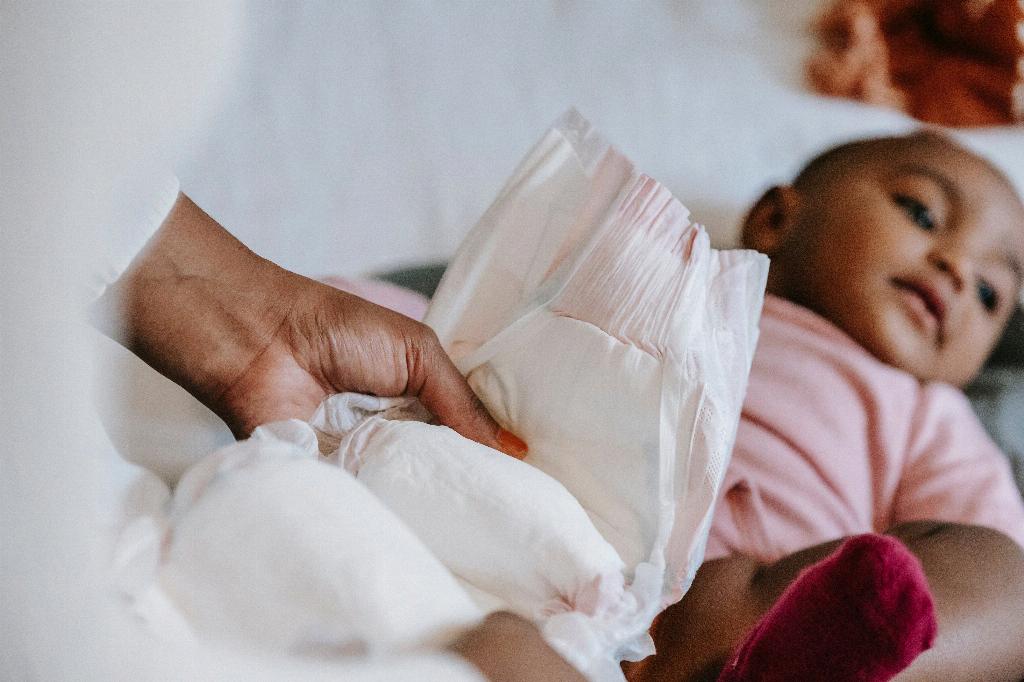When it comes to transitioning your child from diapers to using the toilet, there is no one-size-fits-all answer. The age at which children no longer need diapers can vary greatly, with most kids showing signs of readiness between 18 months and 3 years old.
Signs of Readiness
One of the key indicators that your child may be ready to start using the toilet instead of diapers is when they begin to notice when they are urinating or having a bowel movement. This awareness shows that they are starting to understand the sensations associated with using the bathroom.
Expressing the Need
Another sign that your child may be ready to transition out of diapers is when they start to communicate their need to use the toilet. This can manifest in various ways, such as verbalizing the urge to go or indicating discomfort when they have a wet or soiled diaper.
Interest in Potty Training
Children who are ready to stop using diapers often show an interest in potty training. They may mimic the behavior of adults using the toilet, show curiosity about the bathroom, or express a desire to wear underwear like older siblings or peers.
Physical Readiness
In addition to mental and emotional readiness, physical readiness is also crucial when it comes to transitioning out of diapers. Children need to have the physical ability to control their bladder and bowel movements, as well as the coordination to undress and sit on the toilet.
Consistency in Dry Periods
One of the milestones that indicate a child may be ready to ditch the diapers is when they consistently have dry periods throughout the day. This shows that they are starting to develop bladder control and can hold their urine for longer periods.
Having Accidents
While dry periods are a positive sign, occasional accidents are also a normal part of the toilet training process. It’s essential to approach these accidents with patience and understanding, as learning to use the toilet independently is a skill that takes time to master.
Support and Encouragement
Supporting your child through the toilet training process is crucial for their success. Encouraging their efforts, praising their accomplishments, and providing reassurance during setbacks can help boost their confidence and motivation to continue learning.
Establishing Routines
Creating consistent bathroom routines can also aid in the transition out of diapers. Encouraging your child to sit on the potty at regular intervals, such as after meals or before bedtime, can help them establish good bathroom habits and reinforce the connection between using the toilet and eliminating waste.
Recognizing Individual Differences
It’s important to remember that every child develops at their own pace, and readiness to stop using diapers can vary greatly from one individual to another. Avoid comparing your child’s progress to others and instead focus on their unique readiness cues and abilities.
Patience and Persistence
Transitioning from diapers to using the toilet is a significant milestone for both children and parents. It’s essential to approach the process with patience, understanding that setbacks and challenges are a natural part of the learning curve. Persistence and consistency in your approach can help support your child through this developmental stage.
Celebrating Achievements
As your child makes progress in toilet training and starts to use the bathroom independently, be sure to celebrate their achievements. Offer praise, rewards, or simple acknowledgments of their success to reinforce positive behaviors and encourage continued efforts.
Seeking Professional Guidance
If you encounter persistent difficulties or concerns during the toilet training process, don’t hesitate to seek guidance from healthcare professionals or child development experts. They can offer support, advice, and strategies to help address any challenges and ensure a smooth transition out of diapers.

